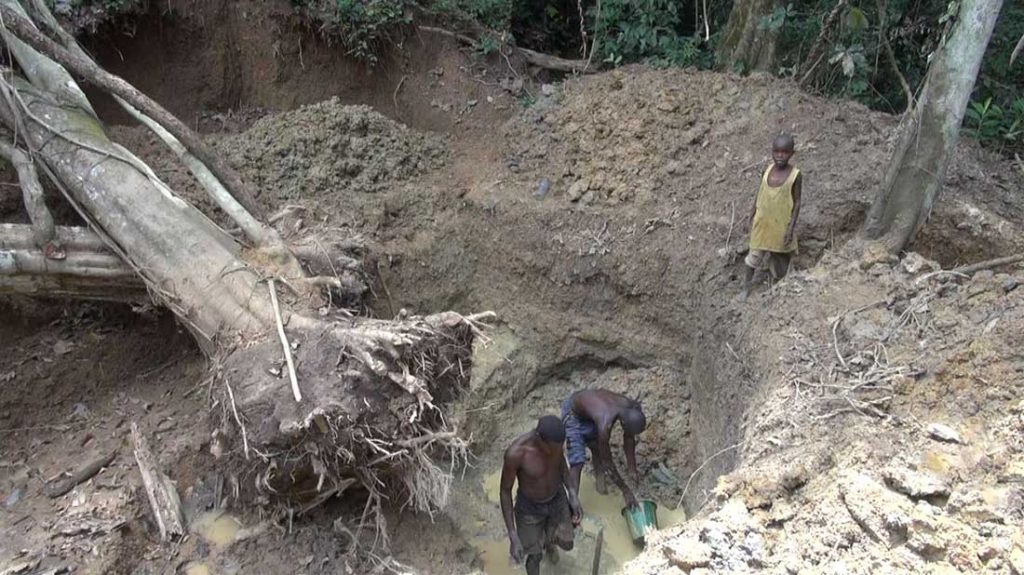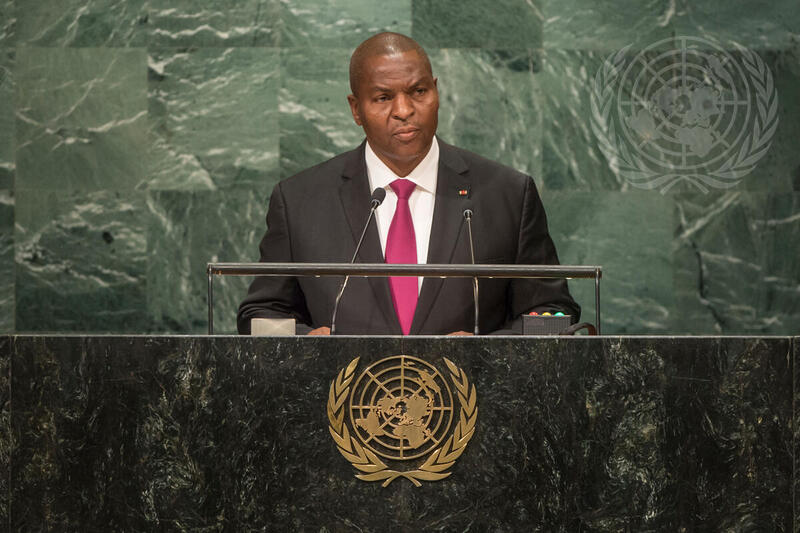The Central African Republic (CAR) is urging the Kimberley Process (KP), the international body regulating diamond trade, to lift a decade-long embargo on its diamond exports. The appeal was made Tuesday during the KP’s plenary meeting in Dubai, where Mines and Geology Minister Rufin Benam Beltoungou highlighted CAR’s commitment to meeting the KP’s standards, arguing that improved security and traceability measures signal readiness for reintegration into the global diamond market.
The embargo, imposed in 2013 amid a violent civil war, has hampered CAR’s economy, with diamond revenue dropping from nearly $50 million in 2011 to a mere $500,000 last year. CAR’s diamond and gold resources are among its most valuable assets, but ongoing sanctions have severely impacted government revenues while failing to prevent rebel groups from exploiting mining fields through contraband channels. Minister Beltoungou emphasized that lifting the embargo could revitalize CAR’s economy and, by providing legitimate employment in mining regions, help to stem the violence that has plagued the nation.

For the first time since 2015, the KP conducted an on-the-ground assessment of CAR’s compliance with international standards to prevent the sale of conflict diamonds. KP experts evaluated multiple mining sites, concluding that CAR’s progress appears promising but cautioning that challenges remain, especially in maintaining stability across all mining zones. Currently, only one-third of CAR’s mining areas meet the “green” zone designation, allowing legal diamond exports, while the remainder remains sanctioned.
Luc Florentin Simplice Brosseni Yali, director general of KP’s permanent secretariat in CAR, underscored the human impact of these sanctions. “The sanctions have primarily hurt CAR’s government and people, depriving youth and local communities of economic alternatives and fueling instability,” he said. Youth and women in mining zones reportedly pleaded with the KP to lift the embargo, expressing hope that restored trade could open up legitimate economic opportunities.
KP’s Civil Society Working Group representative, Paul-Crescent Beninga, expressed cautious optimism about the outcome of the KP’s Dubai assembly, acknowledging that CAR’s trajectory is promising but that significant steps are still needed. While the security situation has shown improvement, ongoing clashes around key mining routes highlight the fragility of peace and the continued competition for control over mineral resources.

President Faustin Archange Touadera, speaking at the recent UN General Assembly, reiterated CAR’s request to lift the diamond embargo, pointing to relative stability in key areas of the country. His appeal echoed that of an International Monetary Fund (IMF) delegation, which acknowledged CAR’s security progress but noted that regulatory and security challenges still pose obstacles to sustainable business operations.
Don’t miss:
“Do You Know Who I Am?” – The Art of Nigerian ‘Bigmanism’ and its Everyday Performers
The Nigerian Japa Syndrome: Myths and Truths (I)
The Things-Fall-Apart-Okonkwo Debate: Can Idris Elba Roll Fufu?
CAR’s diamond export future now rests in the balance, as KP participants deliberate in Dubai. Observers and CAR stakeholders alike are hopeful that this year’s meeting will mark a turning point, potentially ending years of restrictive sanctions and opening a new chapter for CAR’s diamond industry, long viewed as a pathway toward peace and economic growth.





